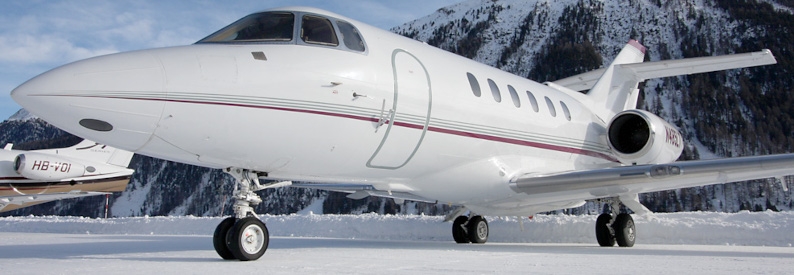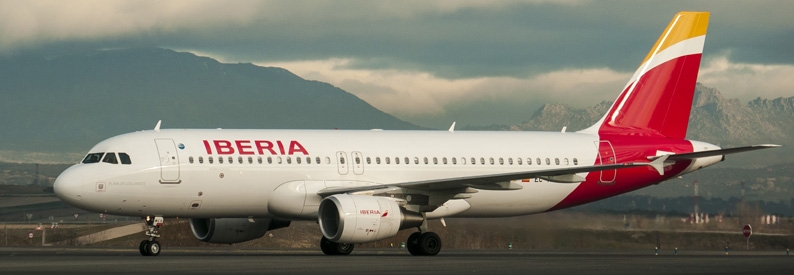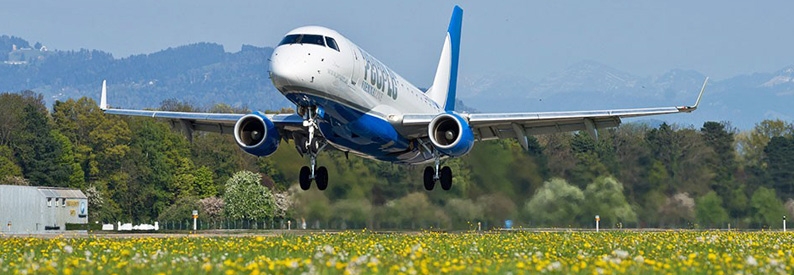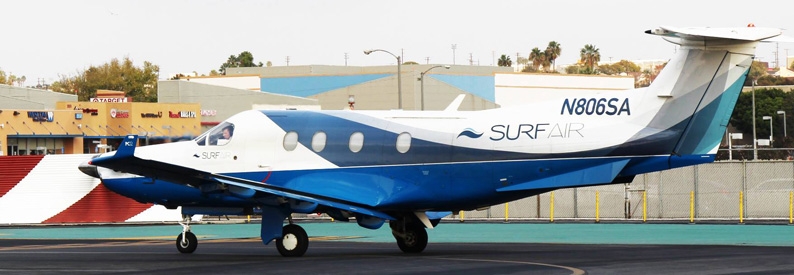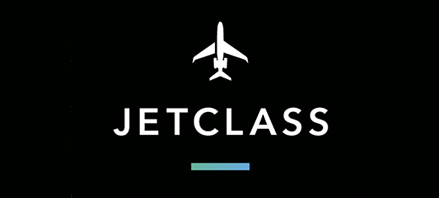GlobeAir (GAC, Linz Blue Danube) is planning to renew its fleet of Cessna 510 Mustangs with new Citation M2s, Chief Executive Bernhard Fragner told ch-aviation in an exclusive interview at the carrier's headquarters in Hörsching.
"The Mustang is aging. I'm responsible for shareholder value and for the team to develop the company so that our business model is sustainable and robust for the future. And obviously, we can't continue with the Mustang forever," he explained. "We have decided that our next platform is the M2. Obviously, the M2 is at least double the price of the Mustang. That's why the financial burden of building a fleet of M2s is significant, and that's why we're in the process of building a fractional ownership model on the M2 right now."
Textron Aviation stopped building new Mustangs in 2017, having built 479. GlobeAir currently operates 21 of the type, which is its only fleet type, making it the world's largest operator of the Mustang. However, Fragner conceded that it was becoming increasingly difficult to source spare parts and that with the type out of production, suppliers are becoming increasingly reluctant to cater to this market. While the aftermarket for parted-out Mustangs exists, it is becoming "less and less attractive".
GlobeAir aims to complete its fleet rollover as quickly as possible to avoid the cost and complexity of dual-type operations for a protracted period. It is in talks with Textron about deliveries but tentatively expects the first two M2s by the end of 2024 and "quickly build up to ten". It hopes to complete the rollover in just three to a maximum of five years to minimise the period where it would cannibalise its own business model by flying more expensive M2s and cheaper Mustangs. As the new M2s deliver, GlobeAir will gradually retire and sell its higher-hour Mustangs. The airline owns its entire fleet and does not operate any aircraft on behalf of third-party owners.
"We will keep growing as we find owners, but we think there's room for twenty to thirty M2s, for sure. Some might also be owned by us, or we become a shareholder in them to help grow the fleet," Fragner outlined.
However, supply chain issues across the aviation industry could affect delivery schedules.
According to Fragner, GlobeAir has also accumulated in-house spare part inventory worth around EUR3 million euros (USD3.2 million) to avoid costly AOG events. For example, the current maintenance turnaround time for Pratt & Whitney Canada PW615F engines has increased from the normal circa 50 days to as many as 300 days.
Focus on the European short-haul market
The airline selected the M2 because it intends to stick to its speciality, which is short-haul European flights.
"European short-haul is our market. We know that with the M2 we can go a bit further, with a bit more range, with a bit more payload. But doing experiments on areas where we are not experts and competing with experts makes no sense, from my point of view," Fragner said.
ch-aviation analysis of ADS-B data shows GlobeAir's main markets are France (Nice and Paris Le Bourget airports) and Switzerland (Geneva and Zurich). Fragner said that this reflects the overall market's lay-out.
"We are pushing more flights in and out of those places to help our business model avoid deadheads, but it's mainly the overall demand structure. This is where the wealth is concentrated, this is simple," he explained.
The Mustang, as the smallest of the Citation business jets and one of the lightest jets available on the market, can access smaller airports than others which gives GlobeAir a competitive advantage, Fragner said.
"In Europe, we technically can fly to 984 airports, meeting all the performance and safety criteria. In fact, every year, we fly to between 380 and 450," the CEO outlined. "It's not always just about the aircraft, it's about the crew as well. We can offer these airports proactively to the market as well. This is very important because the price [for the smaller airport] is much better. Those efforts add value to the bottom line. [The main airports] are our bread and butter, while [the smaller ones] are the cherry on the cake."
Fragner said that with the rollover to the M2s, GlobeAir will not lose access to any key smaller airports insofar as operational restrictions are concerned, but prices will have to increase.
The airline's choice of very light jets allows it to offer well-priced charters that cater to the majority of the market. Fragner pointed out that regardless of the size of the business jet, as much as 80% of all business charters in Europe are for two passengers. This means that the four-seat Mustangs can capture all this demand without the added overhead of larger jets. Their range is also sufficient to cover Europe's busiest city pairs.
Market situation challenging
After the spike in demand during the COVID-19 pandemic, business aviation is now "normalising", Fragner said. As commercial airlines resumed operations on key city pairs, demand for business charters dropped. Concerns about the economic situation in Europe have also added to the cooling of the market, although the drop has been muted by one-off demand associated with large sporting events in Europe this year, mainly the Paris Olympics and the European football championship in Germany. And while frequent airline and railway strikes in the first quarter further boosted demand for business charters, GlobeAir remains cautious.
"We put forward a conservative budget for this year. Last year was great; 2022 was fantastic. But as things return to normal, we have budgeted a 5-10% drop compared to 2023. This year has been a bit masked by operators leaving the market, airline strikes, and having some major sporting events in Europe. That's why the decline is a bit soft. We will see the full impact next year," Fragner estimated.
GlobeAir continues to see a strong business case for scheduled business charter flights, having experimented with a partnership with JetClass in the past. However, the lack of GDS visibility impeded corporate sales. Business charter operators need to jointly lobby the large GDS platforms to work together with the sector, as the demand for scheduled business jet travel on certain European routes does exist, Fragner added.
MRO facility in Linz
GlobeAir is currently investing in its own maintenance hangar at Linz Blue Danube airport, as a shortage of aircraft engineers is a serious problem in the industry, negatively affecting maintenance slots and, thus, aircraft availability. The investment will allow the airline to obtain base maintenance certification, decrease AOG time, and capitalise on its expertise in serving Cessna Mustangs. It also plans to offer its maintenance services to third parties as well but has no intention of investing in physical facilities at any other airports.
Fragner stressed that being based in Linz - despite very limited local demand - has allowed GlobeAir to have its own hangars rather than lease facilities at more congested airports, which would be much more costly. It also allows the airline to build a stable team with limited competition from other firms.

